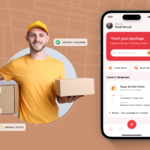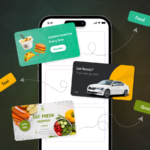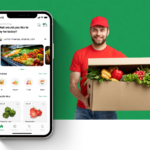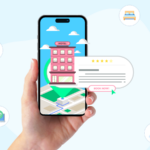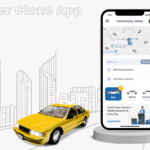White Label App vs Custom App: Unveiling the Right Choice
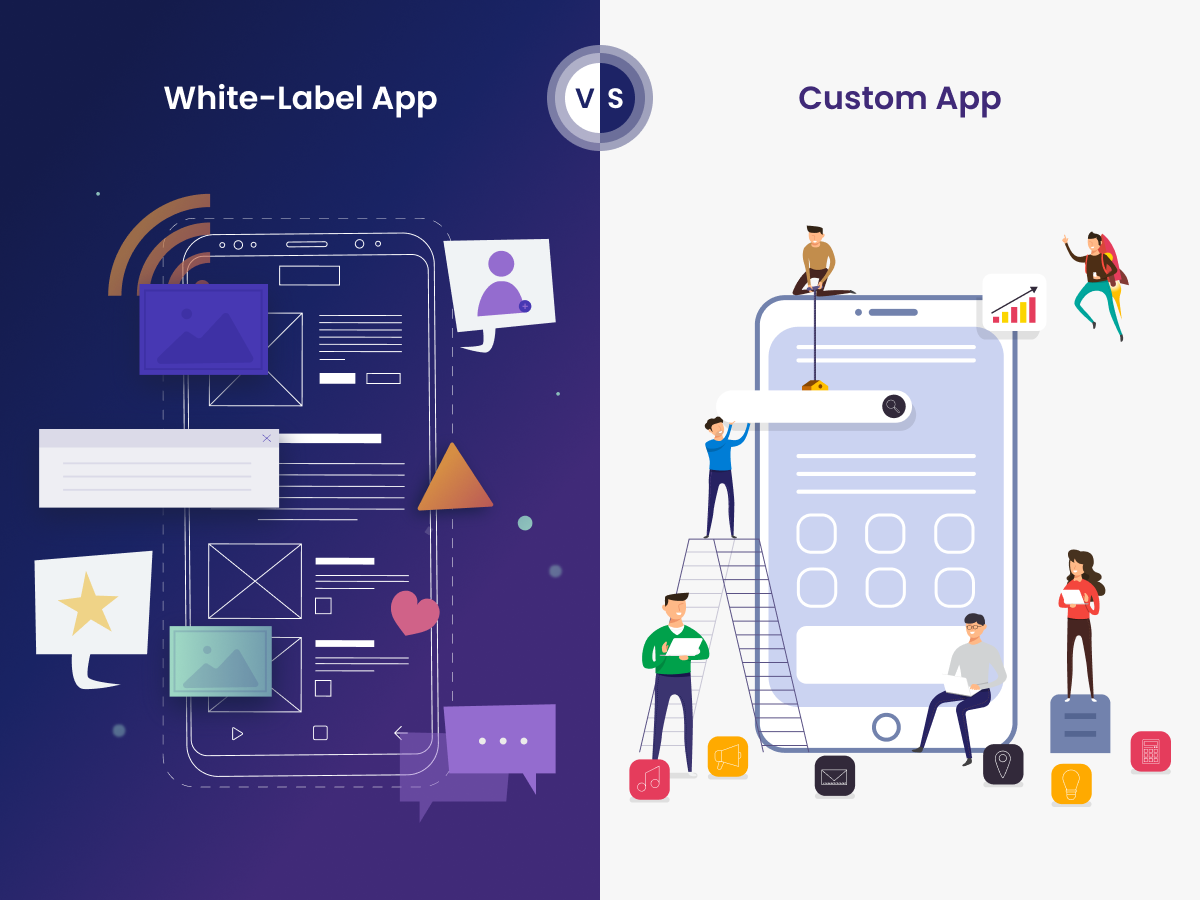
-
Chirag Vaghasiya
- September 26, 2023
- 6 min read
In today’s fast-paced digital landscape, the choice between white label app and custom app is a pivotal decision that businesses must make when venturing into mobile application development. Both approaches have their distinct advantages and disadvantages, and the path chosen can significantly impact a company’s success in the digital realm.
Every business has common goals like expanding its audience reach, increasing brand recognition, boosting sales, and ultimately, growing revenue. In pursuit of these objectives, companies often turn to different digital avenues like websites and progressive web applications. However, it’s widely acknowledged that mobile app development offers one of the most convenient paths to achieving these business goals.
Businesses nowadays often face a critical decision when developing mobile applications: whether to build a custom app from scratch or use a white-label app solution. Each approach has its advantages and disadvantages, and the choice largely depends on your specific business needs, budget, timeline, and long-term goals. In this guide, we’ll explore both options in-depth to help you make an informed decision.
Understanding White label App Development
A white-label app is a pre-built app that can be customized with your branding and logo.
It is essentially a generic app that can be adapted to meet the needs of different businesses. White-label applications are typically less expensive and faster to launch than custom apps, but they offer less flexibility and customization options.
These white-label apps are typically crafted with particular industries in mind, and equipped with features commonly associated with those sectors.
For instance, consider the world of food delivery apps. They often include menus, search functions, order processing, and payment options. If a local eatery wishes to offer its customers a branded mobile app without the complexities and expenses of starting from scratch, they can opt for a “white-label” app solution. By adding their own branding elements and making minor adjustments, they transform the app into a personalized offering.
Some enterprises take this a step further. They acquire white-label apps, adapt them to meet their unique requirements, and then offer app reselling to other businesses. This concept of white-label mobile app reselling finds popularity across various industries, ranging from travel to eCommerce.
• Types of White-label Apps
White-label apps come in two main varieties, depending on how comprehensive they are. You can purchase just the backend of the app, or you can opt for the complete package, which includes both the server and client sides.
- White-Label Backend Solutions: If you get only the backend, you are free to create the frontend yourself. This offers more flexibility, but if you lack in-house developers, you will need to hire someone to build the front end on top of the white-label app’s infrastructure.
- Complete White-Label Applications: On the other hand, if you purchase a fully built app with both server and client components, you will only need to make minor adjustments. However, this approach limits your customization options and scalability. When your business requires something beyond the app’s existing features or a robust infrastructure to handle increased demand, you will need to explore alternative solutions.
Also check: Readymade or Custom Mobile App? Know What is Right For You
Understanding Custom App Development
Custom app development involves creating an application from scratch to fulfill a business’s specific needs. To begin this process a business has to collaborate with a team of developers to define requirements, design the user interface, build, and test the app.
While building a custom app can be more costly and time-consuming than using ready-made apps, it offers greater control and flexibility. Custom applications can give a competitive edge through unique features, enhancing the user experience.
• Types of Custom Mobile Apps
Custom mobile app development offers various options for businesses to choose from, tailored to their unique needs. Here are some key types:
- Native App: This involves creating mobile apps specifically for platforms like iOS, Android, or Windows. Native apps offer high performance and functionality as they tap into the capabilities of the platform itself.
- Hybrid App: Hybrid applications are typically built using web technologies such as HTML, CSS, and JavaScript. They are designed to work across multiple platforms, making them cost-effective and efficient in terms of time and resources.
- Cross-Platform App: Cross-platform apps are developed using a single codebase that can be deployed on multiple platforms. This approach strikes a balance between cost-effectiveness and performance.
- Progressive Web Apps (PWA): PWAs are web apps that use advanced web technologies to deliver an app-like experience on mobile devices. They don’t require installation and can run smoothly on any platform, making them highly versatile.
Also check: Native vs Hybrid vs Cross Platform: Choose Best for App Development
White Label App vs Custom App
Custom apps are like tailor-made suits, designed to fit your exact requirements. White-label apps, on the other hand, are like ready-to-wear outfits that can be adjusted to some extent. Let’s explore the contrasting features of a white label app vs custom app in the table below to aid you in making the perfect choice for your business needs and goals.
| Factors | Custom App | White Label App | Recommended Choice |
|---|---|---|---|
| Customizability | Highly customizable, tailored to specific needs. | Limited customization, often restricted to colors and labels. | Custom App |
| Design | Offers full design control for a unique UI/UX. | Limited design flexibility, may resemble other apps in the same category. | Custom App |
| Time | On average, it typically takes anywhere from 1 month to three to four months or even longer. | You can swiftly launch your app within a maximum timeframe of 2-3 days. | White Label App |
| Cost-effective | Typically more expensive due to extensive development costs, including design and maintenance. | Generally cost-effective, especially for quick market entry and testing ideas. | White Label App |
| Maintenance and Support | Requires ongoing maintenance; code quality varies depending on development. | Tested code can simplify maintenance, but quality varies. | Custom App |
| Scalability | More scalable | Less scalable | Custom App |
| Security | Provides full control over app security, necessitating regular security checks. | Limited control over security; may require third-party security audits. | Custom App |
| Probability of App Store Rejection | Less likely to face rejection due to unique features and design. | More likely to be rejected due to similarities with other white-label apps. | Custom App |
In short, if you are on a tight budget and need to launch your app quickly, a white-label app may be a good option for you. However, if you need a highly customized app that meets your specific needs, you should consider a custom app.
White Label App vs Custom App: Finding Your Ideal Solution
Now that we have explored the details of both white-label and custom app development, let’s focus on finding the best fit for your unique needs.
• When to Consider White-Label App Development
Here are some scenarios where opting for white-label app development can deliver optimal results:
- Limited Budget: If you are a small business with budget constraints, white-label app development can be a cost-effective choice.
- Instant Launch: When you need to swiftly introduce your application to the market, a white-label solution stands as a profitable option. With the right on demand app development company, you can launch your mobile app within just 2-3 days.
- Simplified Functionality: If your requirements are straightforward and a basic mobile application suffices to achieve your business objectives.
- Offline Majority: When the majority of your business still operates in the offline realm, and you primarily need an app to establish your digital presence.
• When to Opt for Custom App Development
Consider building custom app in the following scenarios:
- Complex Functionality: If your vision involves intricate and unique functionalities, custom app development allows you to translate these complex needs into practical solutions.
- Performance Priority: In situations where superior app performance is paramount to safeguard your business reputation, custom app development enables you to create a well-architected application using cutting-edge technologies.
- Competitive Market: When operating within a highly competitive market, it’s essential to offer users a distinctive experience to establish your presence and stand out from competitors.
- Revenue Generation: If your business relies heavily on online channels and your mobile app is a significant source of income, custom mobile application development becomes a crucial strategy to maximize your return on investment (ROI).
Also check: How Much Does Mobile App Development Cost?
Estimating the Cost to Develop a Custom and White-Label App
Custom apps are more expensive to develop than white-label apps. This is because custom apps are designed and built from scratch to meet the specific needs of the project. White-label apps, on the other hand, are pre-developed apps that can be customized and rebranded by businesses.
Generally, a basic white-label app might cost anywhere between $5,000 to $10,000. A feature-rich and complex app would cost you $20,000 or more.
The cost to develop a custom app would range from $10,000 to $20,000 and a complex app with advanced features and functionality would cost you $40,000 or more depending on your project needs.
Remember, these are rough estimates, and actual costs depend on your project’s unique requirements.
Wrapping up
Choosing between a white-label app and a custom app is a critical decision that hinges on your unique business needs and goals. Both options have their merits, and the right choice depends on your specific circumstances. While white-label apps offer speed and cost advantages, custom apps provide complete control, branding, and scalability. Carefully evaluate your requirements, budget, and long-term vision to determine the most suitable path for your mobile app development project.
You may also like
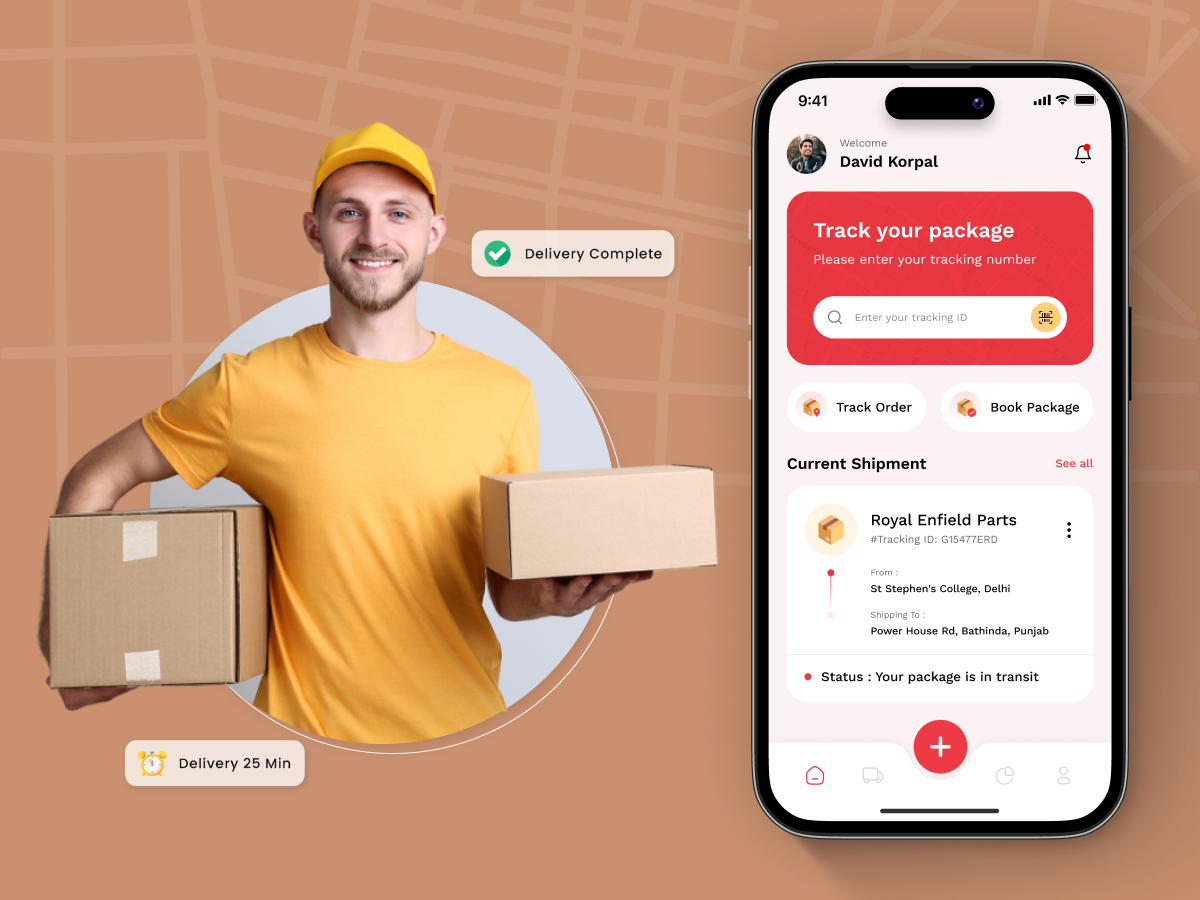
How Courier Delivery Apps Can Revolutionize Your Business Operations
-
Ankit Patel
In the fast-paced world of today, the gears of business operations never really stop moving. Are you a seasoned logistics and transportation business giant? Or a burgeoning startup hoping to transform the delivery landscape? Or an enterprise managing a complex web of shipments? No matter where you stand, the pressure to deliver quickly, efficiently, and… Read More
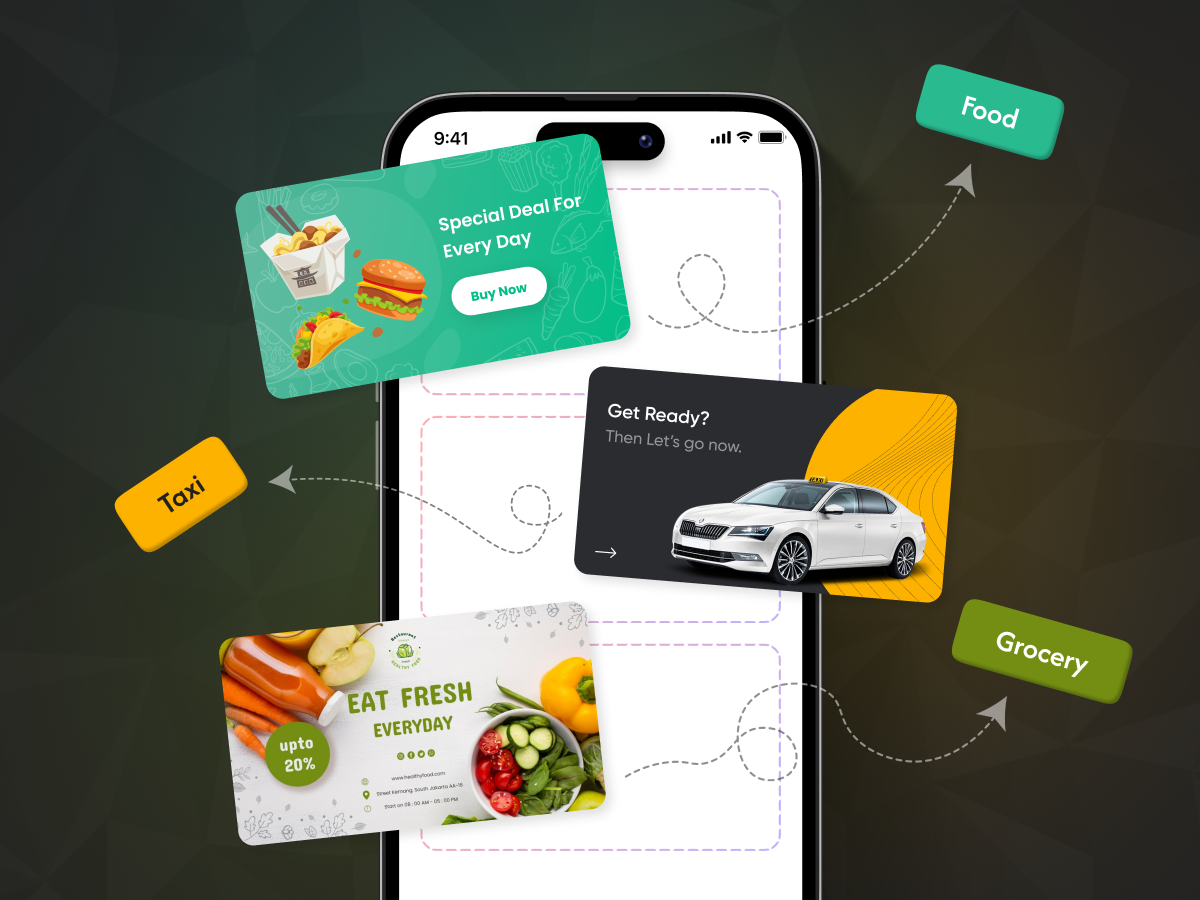
Super App Development Guide: All-in-one Food, Grocery & Taxi App Solution
-
Chirag Vaghasiya
In today’s digital world, which is overflowing with applications that take up storage space on mobile phones and have only one function, a new precedent is beginning to emerge Let’s think about it, an application that serves multiple purposes at a time. Yes, an application fulfills all the day-to-day necessities of a regular user! A… Read More
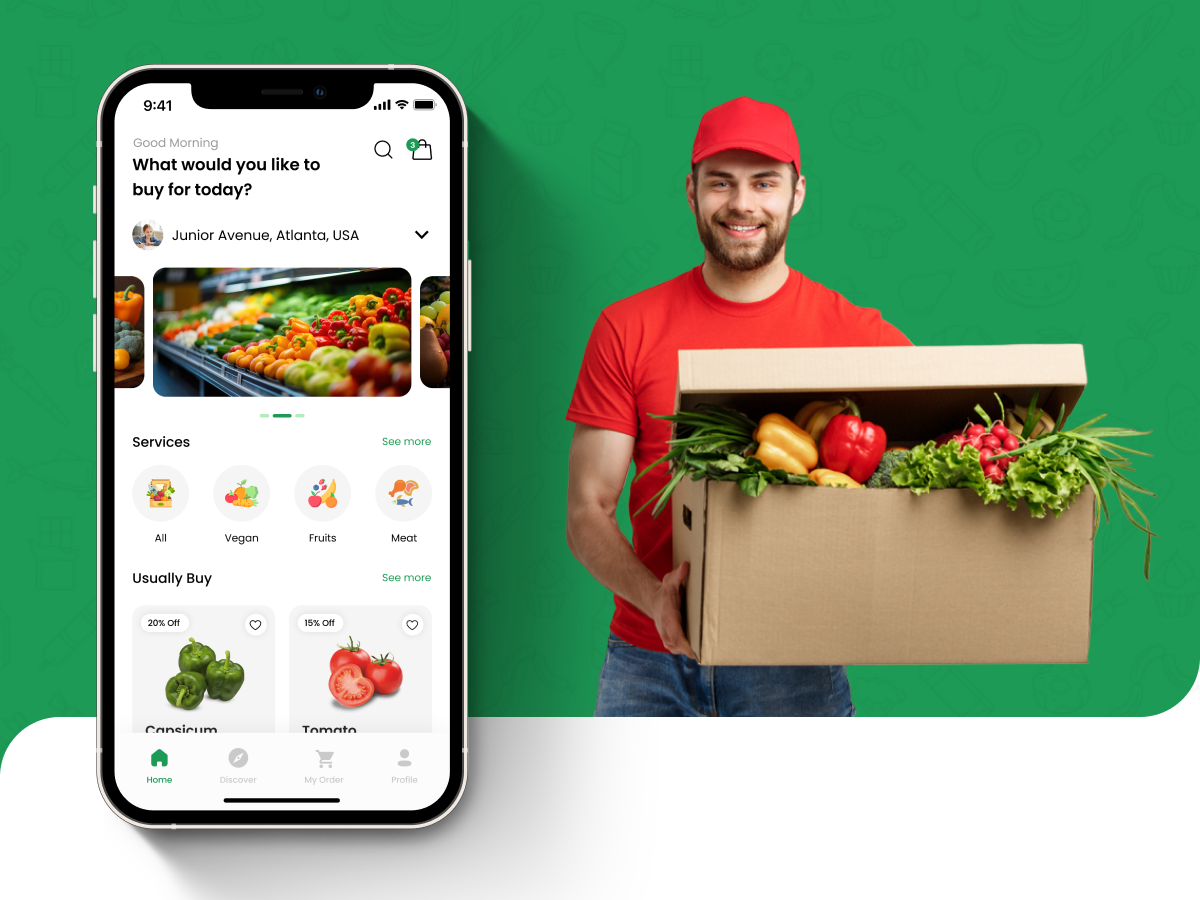
Grocery Delivery App Development: A Guide for Supermarkets & Local Stores
-
Ankit Patel
Grocery shopping apps are a blessing for online grocery shoppers! In an era where everything comes in handy, grocery shopping apps have grown to be an essential part of our daily lives. Customers prefer the convenience, delivery at home, and time-saving benefits of online grocery delivery services. Everything is available on smartphones, waiting for you,… Read More

